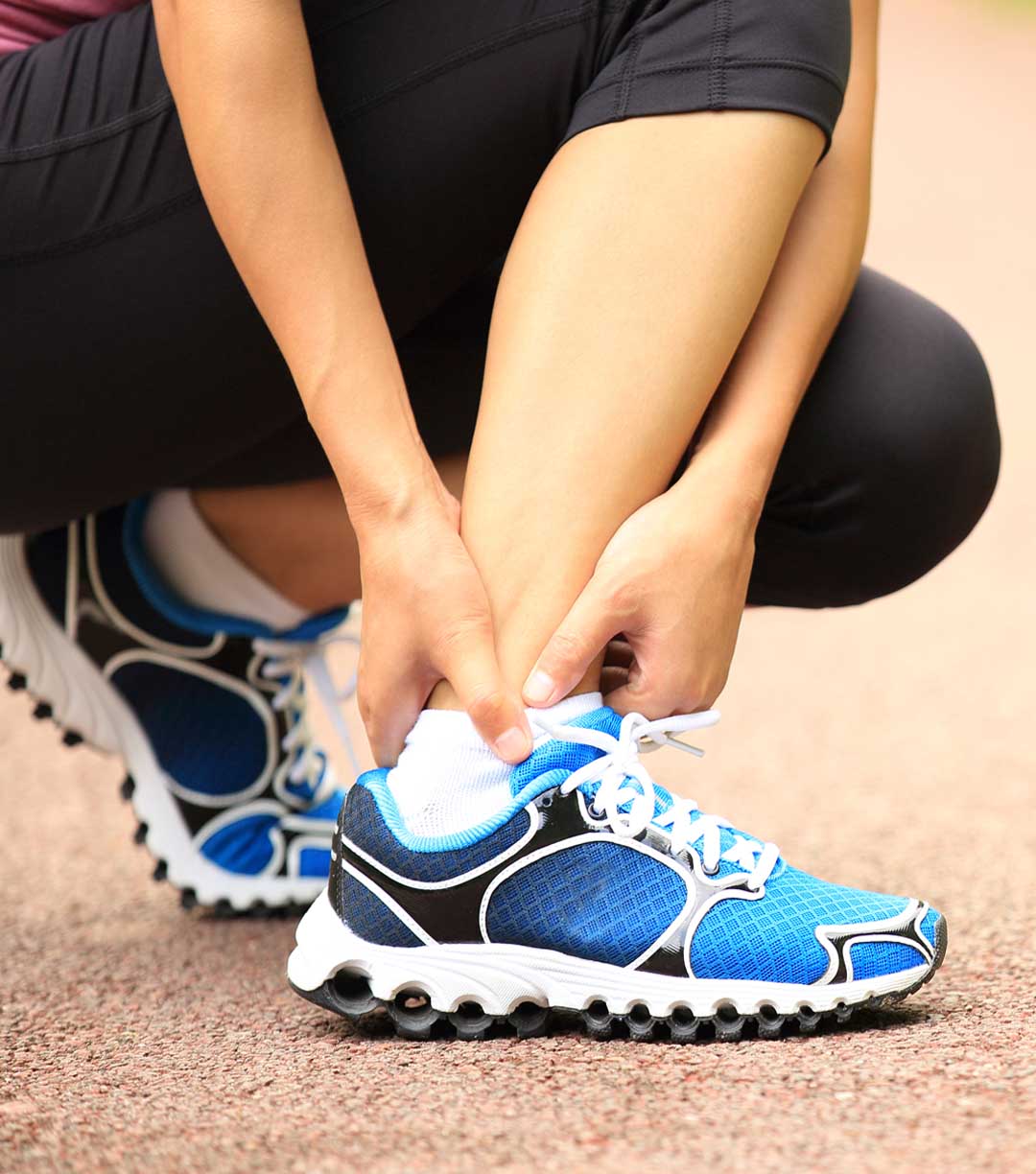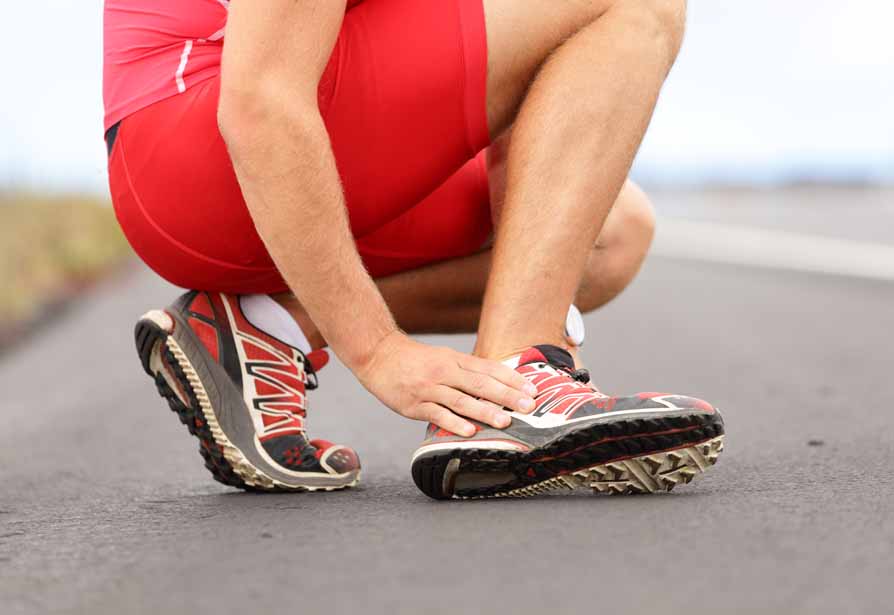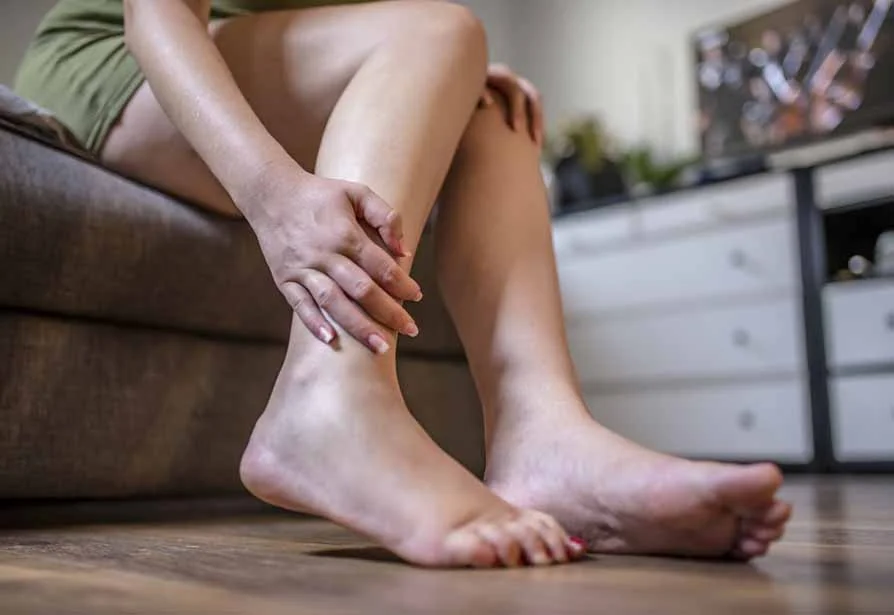Sports Injury Management Midland

Staying active with sports means putting large loads and forces through your feet and legs, which can leave you susceptible to injury. Whether you’re a recreational player or you’re preparing for the big leagues, we can help optimise the way you move and help you manage any pain or problems that develop.
Sports Injuries
There’s nothing like being out in the field, enjoying your favourite sport – until an injury stops you in your tracks. We work with patients of all ages and experience levels, from recreational joggers to professional footy players, to help optimise their recovery and get them back to the activities they love.
Midland Podiatry‘s assessment and treatment methods are backed by up-to-date clinical evidence, meaning that we’re always learning and improving our skills. We don’t just alleviate your pain and symptoms, but treat the cause of the injury to reduce the likelihood of it happening again in the future. We help treat a range of conditions, including:
- Shin splints
- Achilles tendinopathy
- Heel pain (plantar fasciitis + heel spurs)
- Stress fractures
- Ankle sprains + instability
- Runner’s knee (patellofemoral pain syndrome)
- Jumper’s knee (patellar tendinopathy)
- Muscle + tendon strains (tendinopathies)


Ankle sprains
Ankle sprains occur when the foot is forcefully twisted inwards on the ankle, damaging the ligaments that stabilise the ankle. This can cause pain, swelling, bruising, and can make it difficult to put weight on the foot. When multiple ankle sprains are sustained and not effectively managed, chronic ankle instability can develop. We help you effectively manage ankle sprains, and take precautions to help prevent them from recurring. You can also sprain your ankle by rolling the foot outwards on the ankle, though this is much less common.
Shin splints
Shin splints is a limiting condition that can cause pain and swelling at the front of the shin bone (tibia). It’s often caused by stress or strain to the shin bone or the muscles that attach to it. Shin splints often occur in runners, but can affect anyone. Treating shin splints involves identifying the causes of strain on the shins and working to reduce the force or tension, helping to both alleviate the pain and reduce the likelihood of the pain coming back. Treatments for shin splints include low-level laser therapy, orthotics, medical acupuncture, foot mobilisation therapy and more.

